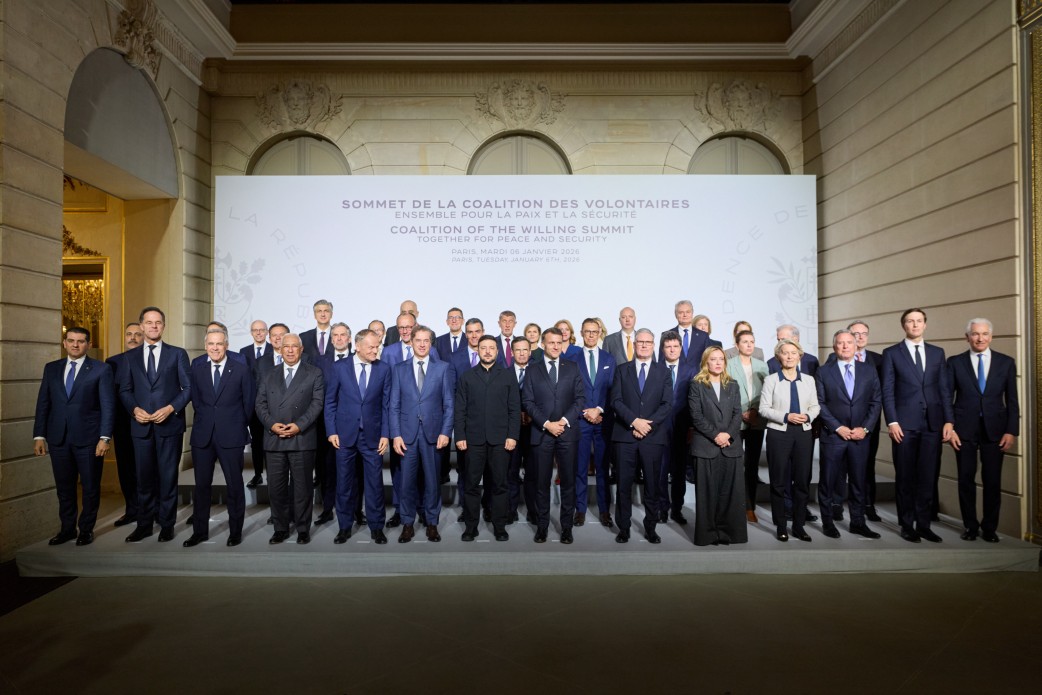The European Commission has introduced the internal security strategy ProtectEU, aimed at enhancing the protection of citizens from current threats and increasing the resilience of the European Union. Key measures include updating law enforcement tools, expanding cooperation between countries, and improving intelligence information exchange. One of the main directions will be the creation of a digital alliance that unites intelligence, police, and data encryption mechanisms, as reported by Cnews.
As part of the strategy, an early warning system will be launched, based on the analysis of threats and risks using data from European agencies. It is expected that this will allow EU countries to respond more quickly to cyberattacks, terrorist threats, and organized crime. Significant attention will be given to the modernization of Europol, which is set to become a fully operational agency with expanded powers. The EU also plans to review the mandates of Frontex, the Border and Coast Guard Agency, and its staff will be increased to 30,000 people.
According to Europol, 85% of criminal investigations in EU countries depend on access to digital information, as most forms of organized crime leave digital traces. Therefore, the EU will propose a legislated roadmap for law enforcement agencies, ensuring effective access to data while respecting personal data protection standards.
ProtectEU is also aimed at fighting international crime. EU authorities plan to establish new cooperation agreements with third countries, including Latin America and Mediterranean countries. Additionally, the European Union intends to accelerate the integration of candidate countries into the security architecture, modernize visa suspension mechanisms, and strengthen control over cyberspace.
The strategy was presented on April 1, 2025, in Strasbourg by the EU Commissioner for Home Affairs, Magnus Brunner. According to him, the European Union needs to change its approach to security and enhance resilience against hybrid threats. The European Commission has identified six key areas of work: raising awareness of risks, improving law enforcement tools, fighting organized crime, countering terrorism, strengthening resilience to cyberattacks, and developing international cooperation.
ProtectEU will be the third strategic document following the White Paper on Defense ("Readiness 2030") and the Crisis Readiness Strategy, forming a comprehensive EU security plan. EU authorities expect the new program to enhance the effectiveness of threat response and provide member states with more modern protection tools.





















